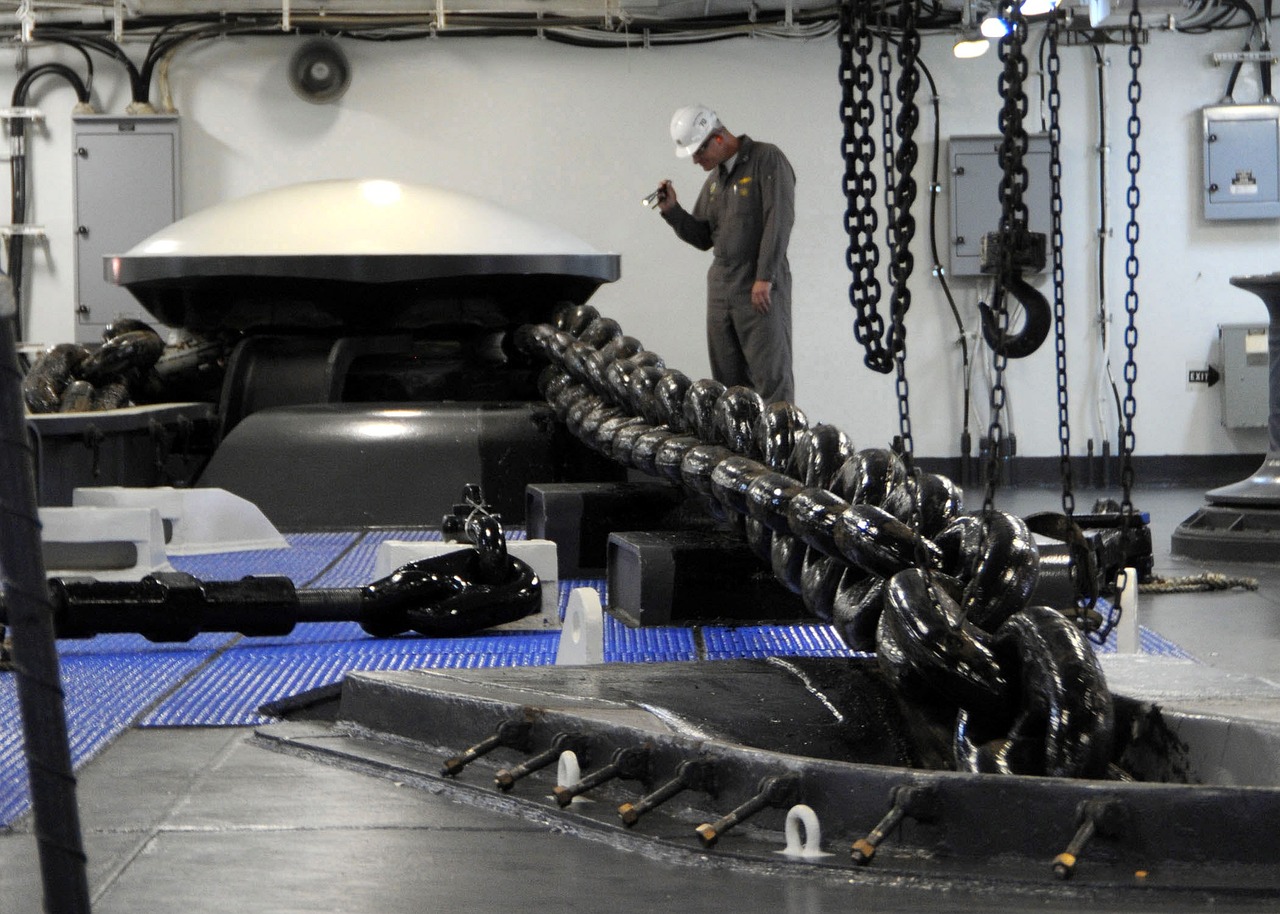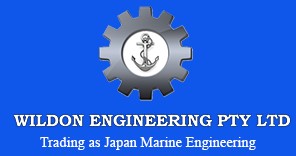Marine Anchor and Chain: Innovations in Anchor Technology for Modern Vessels
Blog | October 9th, 2024
Check up on the latest advancements in marine anchor and chain technology, ensuring safe and reliable anchoring for modern vessels in Australia and New Zealand.
Marine anchors and chains have been critical components of maritime operations for centuries, ensuring the safety and security of vessels in various water depths and conditions. With the evolution of the maritime industry, there has been a corresponding development in anchor and chain technology, leading to innovations that enhance safety, efficiency, and environmental sustainability.
Traditional Anchor and Chain Systems
Historically, anchors were made of cast iron or steel, with designs like the stock anchor, mushroom anchor, and Danforth anchor being widely used. The anchor chain, typically made of wrought iron or steel, was connected to the anchor and the vessel’s mooring system. While these traditional systems served their purpose well, they had limitations in terms of holding power, weight, and ease of handling.
Innovations in Anchor Design
Modern anchor technology has witnessed significant advancements in design, focusing on improving holding power, weight reduction, and ease of deployment and retrieval. Some notable innovations include:
• High-Performance Materials: Modern anchors are now made from high-tensile steel and other durable materials that provide enhanced strength without adding unnecessary weight. These materials resist corrosion and wear, making them ideal for long-term use in harsh marine environments.
• Hydrodynamic Design: Newer anchor designs focus on hydrodynamics to improve holding power and minimise drag. This allows the anchor to set more quickly and securely, even in challenging seabeds like mud, sand, or rocky terrain.
• Self-Lowering Systems: Automated anchor-lowering systems have been developed to simplify the process of anchoring. These systems use sensors and motorised mechanisms to control the release of the anchor, ensuring precise and controlled deployment without the need for extensive manual input.
• Fluke and Spade Anchors: Fluke and spade anchors have been improved with designs that allow for better penetration into the seabed. This ensures more reliable holding in adverse weather conditions.
Innovations in Chain Technology
Chain technology has also undergone significant improvements, with a focus on enhancing strength, durability, and corrosion resistance. Some key innovations include:
• High-Strength Chain: The development of high-strength chain materials has increased the breaking strength of the chain, allowing for the use of smaller-diameter chains while maintaining the same holding power. This reduces the weight of the chain system, leading to improved fuel efficiency and handling.
• Corrosion-Resistant Coatings: Advanced coatings and treatments are applied to anchor chains to protect them from corrosion, which can significantly reduce their lifespan. These coatings enhance the durability of the chain and minimize maintenance requirements.
• Chain Monitoring Systems: Digital monitoring systems can track the condition of the anchor chain, detecting signs of wear, corrosion, or damage. This enables proactive maintenance and helps prevent catastrophic failures.
Benefits of Marine Anchor and Chain Innovations
The innovations in anchor and chain technology offer numerous benefits to the maritime industry. Improved holding power, reduced weight, and digital monitoring systems contribute to safer anchoring operations, minimizing the risk of accidents and protecting both the vessel and the environment. Lighter and stronger anchor and chain systems reduce fuel consumption and improve vessel maneuverability, leading to increased operational efficiency and cost savings.
Wildon Engineering trading as Japan Marine Engineering is proud to provide our customers with the latest and most innovative anchor and chain solutions. Contact us for more information regarding marine spare parts/equipment.
Optimized by NetwizardSEO.com.au
Recent Posts
- Yanmar Marine Compressors: Applications in Engine Starts, Valves, and Safety Systems
- Water vs Oil in Stern Tube Bearings: The Cost & ESG Truth Shipowners Can’t Ignore
- Yanmar Turbochargers: How Correct Spec-Matching Supports Lower SFOC and Prevents Surge
- Yanmar Diesel Generators: Planned vs Predictive Maintenance Strategies for Remote Operations
- Mareflex SOLAS Marine Tapes: Safety Applications on Marine Vessels
- Yanmar Propulsion Systems: FPP vs CPP Propellers for 6EY and 6N Series Fuel Efficiency
- Mitsubishi K.K. Purifier Separator: The Key to Cleaner Fuel and Smoother Operations
- Kemel Air Seal Retrofits: Leak-Free Stern Tube Seals and Reduced Lube-Oil Risk
- Yanmar Auxiliary Generators: Sizing for Reefers, Hotel Loads, and Dynamic Positioning Systems
- Water Lubricated Stern Tube Bearing (EVR): Proven Technology for Smooth and Quiet Operations
